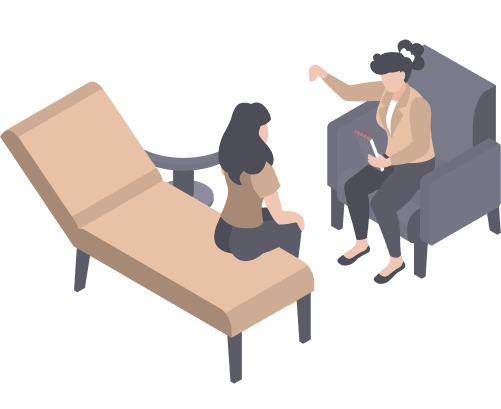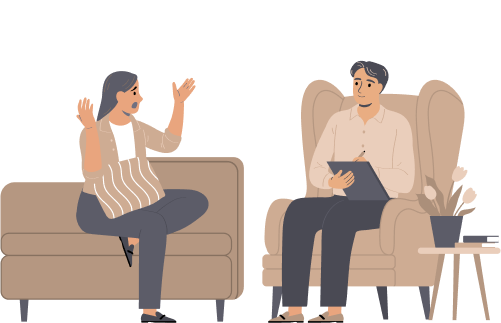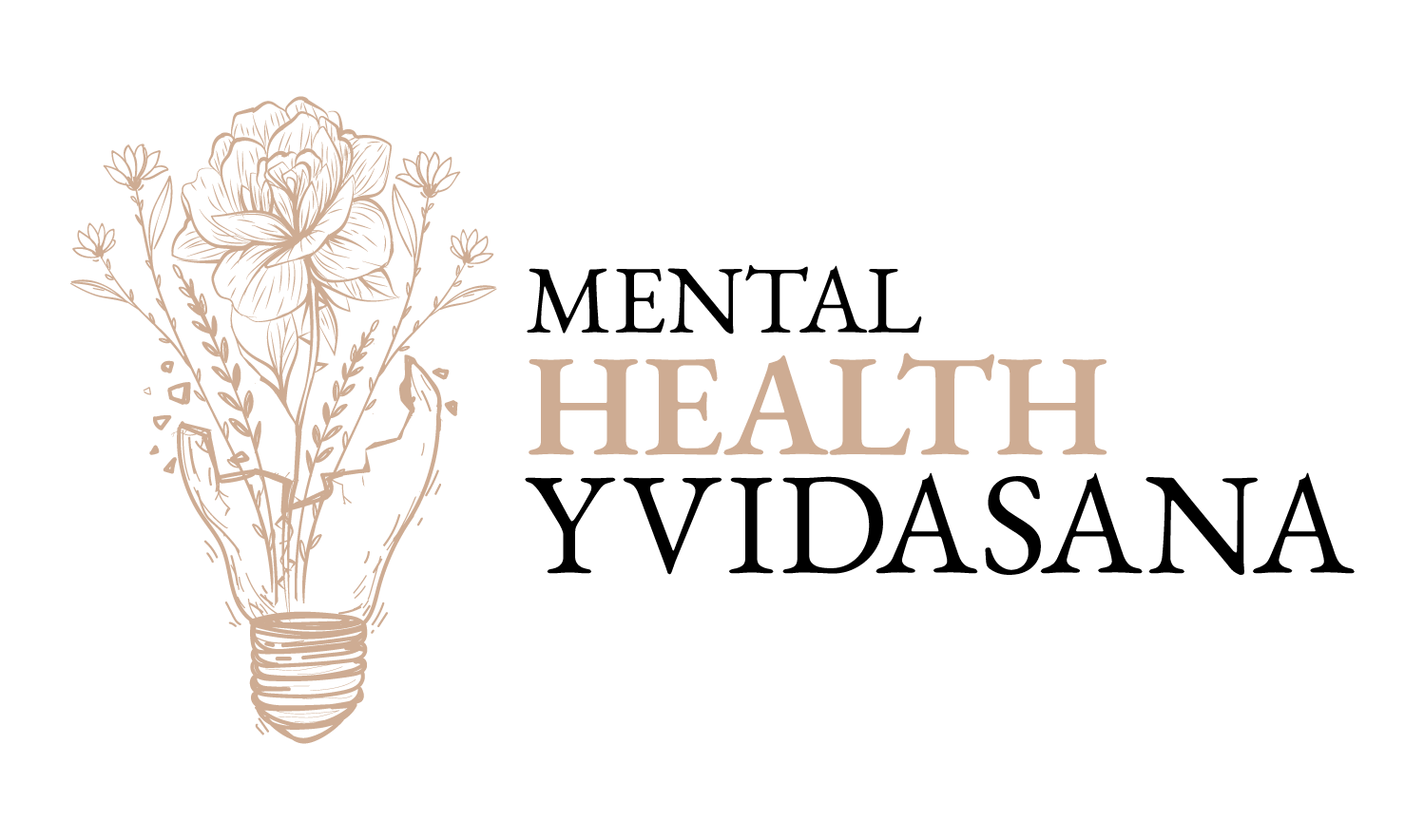
Immigration Evaluations
Immigration evaluations is a psychological assessment that is conducted as a thorough clinical interview. This service is typically helpful when clients are seeking a green card, visa, or citizenship in the United States. This assessment is often used by lawyers to build a strong immigration case to present to US Citizenship and Immigration Services. Common cases that can benefit from an immigration evaluation assessment are but not limited to asylum, VAWA, and extreme hardship cases.
Providing specialty in bilingual psychological evaluations for immigration cases. With my approach, I tailor the assessment to the needs of each case. Immigration evaluations consist of 2-3 sessions, evaluation, and collaboration with an attorney.
Case examples but not limited to:

Asylum Cases
Explaining psychological reasons why a client missed the one-year filing deadline, and detailing how PTSD symptoms provide evidence of the persecution they suffered.

VAWA Cases
Detailing the client’s psychological symptoms which are common for domestic violence victims; assessing credibility; and where useful, explaining less common phenomena such as ways in which men are abused by female partners.
Extreme Hardship Cases
Dentifying unique factors contributing to a client’s psychological distress such as illness; disability; professional, financial, or academic hardship; or adverse home-country conditions that would affect the petitioner or their family members.


Individual therapy
You do not have to be in a crisis to seek therapy. Mental Health Therapy is a type of treatment that focuses on clients learning how to identify, address and manage emotional and behavioral well-being. Sometimes the things talked about in therapy are holding clients back from reaching goals or keeping clients in a difficult state of mind and the causes can be recent, situational, or long term patters. Therapy is place where you talk with a professional, build trust and clients are given space to gain a clearer vision of why they are the way they are and why they have the habits they have. Often while looking inward clients find things that they can change because they are causing pain, suffering, or acting as barriers.
Couples Therapy
This type of treatment is focused on improving communication and relationships between any two people that are in a committed relationship. Clients will be encouraged to work through challenges that limit their connectedness, nurturing of the relationship and can increase feelings of isolation, abandonment, or other feelings that feel harsh or unpleasant. Couples therapy teaches effective skills for better communication, conflict resolution, improving intimacy, and connectedness.

Clinical Supervision
Clinical supervision aims to provide a supportive environment for therapists to discuss their work, reflect on direction, and improve their own practice, ultimately leading to better outcomes for clients.
Benefits of supervision/consultation:
1. Professional development
2. Improved client outcomes
3. Ethical and legal compliance
4. Personal growth
5. Reduced burnout and stress
